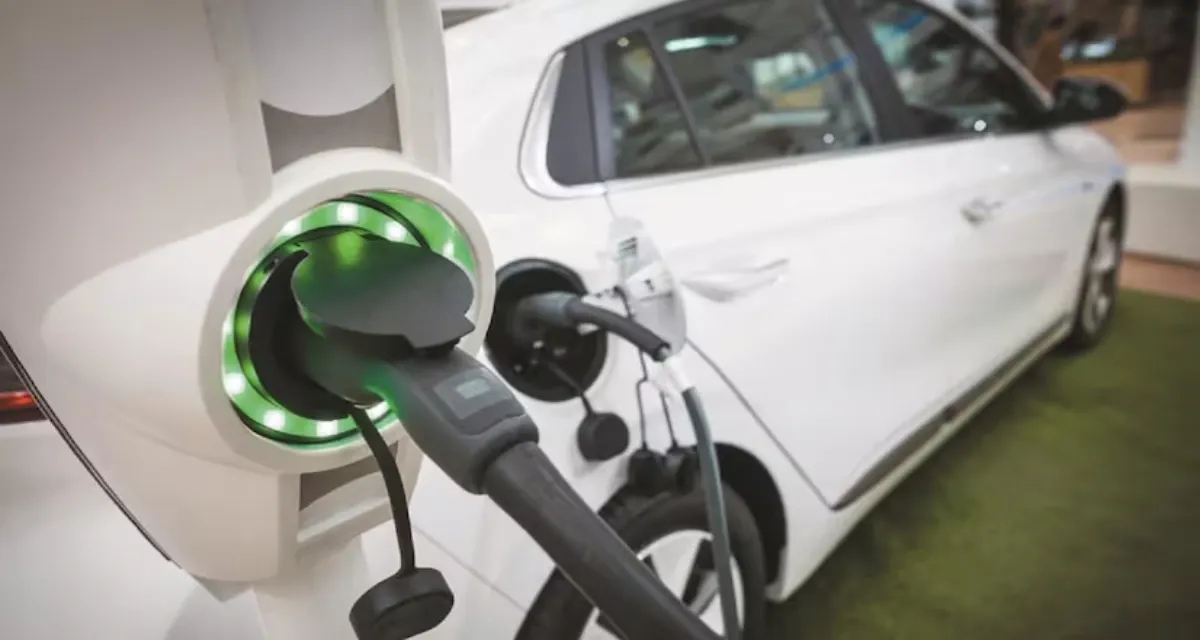

Sales of new battery-electric cars in the European Union (EU) experienced a 12% decline in May compared to last year. The decline was primarily driven by a significant 30% drop in Germany. Germany is the bloc's largest electric vehicle (EV) market. This data was reported by the European Automobile Manufacturers Association (ACEA) on Thursday.
Germany was previously a strong market for EVs. The country saw a 30% plunge in sales following the government's decision to end subsidies for EV purchases early as part of the 2024 budget deal finalized in December. As a result, Germany has recorded a 16% year-to-date decline. EV sales have dropped significantly.
The overall new car sales in the EU fell by 3% in May compared to the same month in 2023. This marks the second drop this year. When considering a broader region which includes the EU, Britain, and the European Free Trade Association (EFTA). The decline was 2.6% according to ACEA.
The demand for EVs in Europe has cooled in recent months after several years of strong growth. This slowdown comes amidst increasing competition. Automakers are striving to produce more affordable models. To protect domestic manufacturers from an influx of cheaper EV imports the European Commission announced provisional duties of up to 38.1% on China-made EVs. These measures are effective from July.
U.S. electric carmaker Tesla announced it would likely raise the price of its China-made Model 3 when the EU measures take effect. Tesla saw a 34.2% drop. This occurred in May sales in the EU. Despite the current stagnation in the EV market sales are expected to pick up from 2025. The next EU car emission targets will come into force then, as noted by the European campaign group Transport & Environment.
In May electrified vehicles encompassing fully electric models, plug-in hybrids and full hybrids represented 48.9% of all new EU passenger car registrations. This marked an increase from 46.2% a year earlier. Nonetheless, the market share of fully electric cars decreased to 12.5% from 13.8%. The share of hybrids, however, climbed to 29.9% from 25%.
Among automakers, Volkswagen saw a 1.6% increase in total EU registrations in May. Stellantis experienced a decline of 6.9%. Renault experienced a decline of 5.4%. Toyota's sales rose by 13% according to the data.
By providing a detailed overview of recent trends and statistics in the EU electric vehicle market. This article highlights the challenges and shifts in consumer behavior. It also highlights policy impacts affecting the industry.
Also Read: